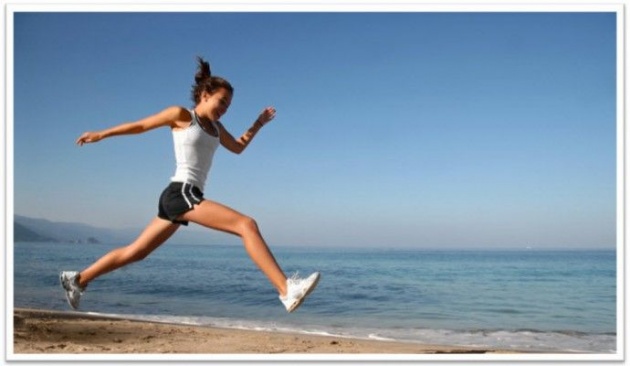
1 Crossing Legs While Sitting Too Long
Based on the research, sitting with crossed legs can increase blood pressure. Crossing the legs while sitting can increase systolic blood pressure (the pressure when the heart beats while pumping blood) to 7 percent, and dialostic blood pressure (the pressure between beats when the heart beats and the next) 2 percent. But avoid crossing her legs at the knee more than 15 minutes and do not sit with the same position and in the same place more than 45 minutes. Occasionally stand and walk, be it to the toilet, pantry to grab a drink or just say hello to co-workers at another table.
Bedroom 2 with prone position Throughout the Night
Prone position is easier for people to quickly fall asleep, but sleeping too long in this position should not be done. The neck will be in a position that is not natural as the original anatomy of the human body and it can interfere with blood circulation. Good sleeping position is celentang, or sideways with bolster pillow between the legs as a rebuttal.
3 Wear Belt Too Tight
Belts that are too tight can interfere with your digestion. Moreover, if used for too long, the belt will hit the belly and organs in it. As a result, the digestive process is not going well. Wear a belt with a normal size. Makes you sit comfortably, not difficult when bending and breathing normally.
4. Jump Stretch the Body When Wake
When you wake up, many people are wont to do is stretch the body, or the term day-to-day 'ngulet'. This habit could actually damage the joints of the spine; resulting in back and neck pain. After waking up, it would be better if you got up, walked around the house and light activities such as drinking water or brushing your teeth.
5. Carrying Bag Hand Side of the Same
Most people are accustomed to carrying a handbag or purse is slung over the shoulder on the same side. For example, just in the right or left shoulder. This habit can result in muscle and causes pain ketikdakseimbangan too stiff. Let's not bring too much stuff in the bag and shoulder carry bags alternating between right and left in order to avoid permanent injury or pain in the shoulder or back.
and many more.



